The Russian "Storm-Z" punitive battalions in Ukraine, consisting of disciplined soldiers and prisoners, often carried out shock missions and suffered heavy losses.
Russian state media said the Storm-Z punitive battalions had fought fierce battles in Ukraine and some of their members had been awarded medals for bravery. However, little has been made public about how the force was formed or what its losses have been.
Artyom Schikin, 29, from the Mordovia region in central Russia, was serving a two-year prison sentence when he was approached by an officer from the Ministry of Defense . Schikin was offered a chance to join a penal battalion fighting in Ukraine in exchange for amnesty.
Despite being due to be released from prison later this year, Schikin agreed because he wanted his criminal record cleared and to earn money to renovate his home, according to court records and two relatives. The unit he joined was called Storm-Z, a force made up mainly of prisoners, according to Reuters .
“Storm-Z” is an unofficial name that combines the term for assault force and the letter Z, used by the Russian military as a symbol for its special operations in Ukraine. Storm-Z’s existence first became known in April, when the Ukrainian military obtained secret documents describing how Russia was creating these punitive battalions.
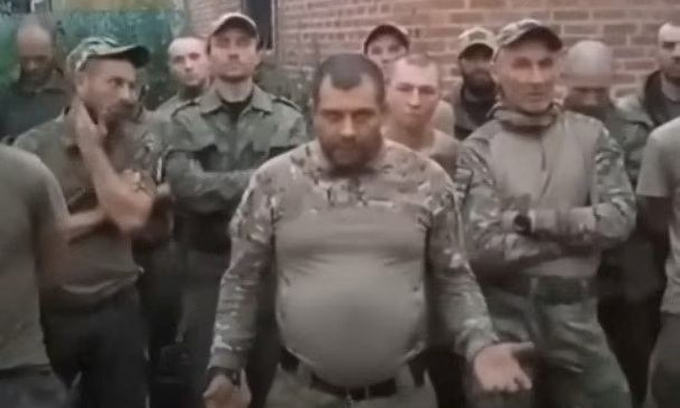
Members of the Storm-Z punishment unit declare their refusal to fight in a video posted on June 28. Photo : Reuters
Reuters interviewed five members of the penal battalion as well as other sources, including regular Russian military personnel, to better understand how the Storm-Z units operate.
Accordingly, each Storm-Z unit has about 100-150 soldiers, assigned to regular army units. Unit members are mainly recruited from prisons in Russia, similar to the recruitment method of the Wagner mercenary group. The difference is that Storm-Z is under the direct control of the Russian Ministry of Defense.
Prisoners who volunteer to join Storm-Z will have their criminal records expunged and be paid. Some Storm-Z members said they were offered a monthly salary of 200,000 rubles ($2,000), but in reality they received only about 100,000 rubles.
In addition to the core of prisoners, the punitive battalions also included soldiers who violated discipline, such as being drunk on duty, using stimulants or disobeying orders.
According to Russian military regulations, servicemen can be transferred to punitive units if convicted by a military court.
The independent investigative group Conflict Intelligence Team (CIT) said that Storm-Z was often deployed to the most fierce fronts, carrying out both offensive and defensive missions. The assault missions were often very dangerous, causing Storm-Z to suffer heavy losses.
A Storm-Z member said his team originally had 120 men, but now only 15 are fit to fight. The rest were killed or wounded after fighting in Bakhmut in June.
An unnamed Russian soldier said he once resisted orders to treat the wounds of a group of 6-7 Storm-Z members, after a commander asked to leave them alone.
"I don't know why the commander gave that order, but it shows that Storm-Z members are not valued as normal soldiers," the soldier said, adding that anyone found to have the smell of alcohol on their breath would be immediately transferred to Storm-Z units.
Schikin was assigned to a punitive unit of the 291st Guards Motorized Rifle Regiment, deployed to the Zaporizhzhia region in May, when Ukraine began a large-scale counteroffensive in this direction.
Shchikin’s relatives said they had lost contact with him since June 18. They later learned that his unit had been attacked by Ukrainian forces and that he was missing. They asked the Russian Defense Ministry to look for Shchikin, but have so far received no response.
"With Storm-Z unit members like him, no one is in a hurry," said a relative of his.
In late June, a group of 20 Storm-Z members fighting in Zaporizhzhia decided to protest and refuse to return to the front lines. They posted a video on social media to protest their treatment.
"At the front line, we were not given enough ammunition, water and food. The wounded were not taken away for treatment and the bodies of the dead were left on the battlefield," one man said in the video. "We were given terrible orders that were not worth following. We refused to continue fighting."
A relative of a member of the group said the group later returned to combat under improved conditions, but it was unclear when they were demobilized. A woman who is a relative of another Storm-Z soldier in the group said she dreaded hearing from the front lines and just wanted it to end. “Please stop the conflict,” she said.
Pham Giang (According to Reuters )
Source link




![[Photo] General Secretary To Lam chairs a working session with the Central Internal Affairs Commission](https://vphoto.vietnam.vn/thumb/1200x675/vietnam/resource/IMAGE/2025/5/22/3b7790f499da45b2803d8ae253207ef1)
![[Photo] Press delegation meeting to visit Truong Sa and DK1 Platform](https://vphoto.vietnam.vn/thumb/1200x675/vietnam/resource/IMAGE/2025/5/22/6b8d232877ec421a9e8187d83b9f8006)
![[Photo] Prime Minister Pham Minh Chinh chairs meeting on draft Resolution of National Assembly on International Financial Center in Vietnam](https://vphoto.vietnam.vn/thumb/1200x675/vietnam/resource/IMAGE/2025/5/22/d398664ff1a140629169ea5a24e1b4d0)
![[Photo] T&T 1 and Ho Chi Minh City 1 People's Police Teams won the men's and women's team championships](https://vphoto.vietnam.vn/thumb/1200x675/vietnam/resource/IMAGE/2025/5/22/39db06ae67cb4001b7a556e8d9a56d07)




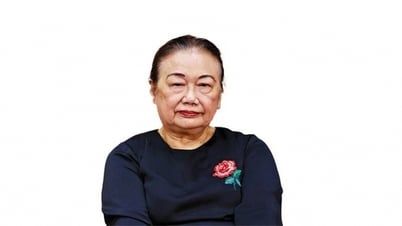

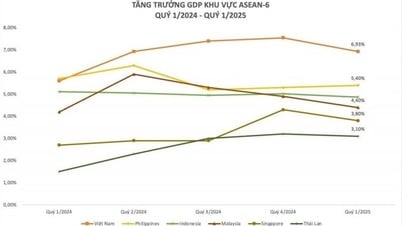




















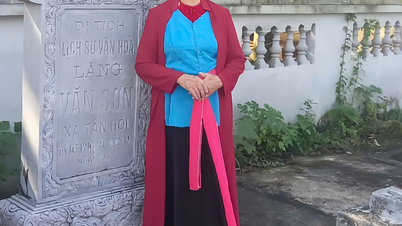

















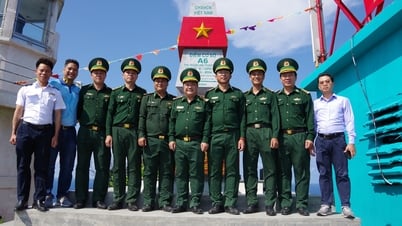
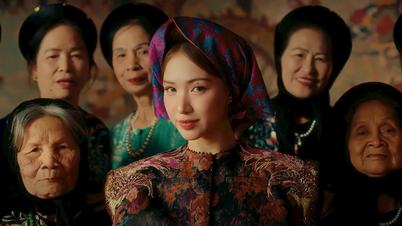









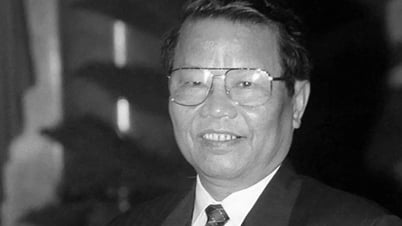
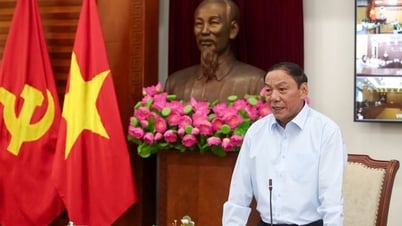






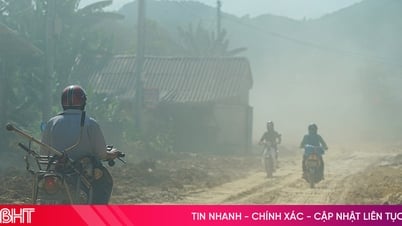

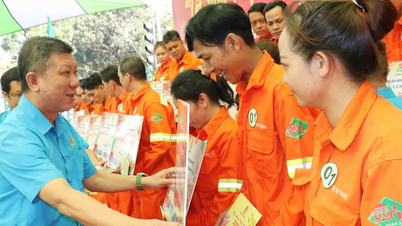










![[Podcast] Week introducing more than 500 OCOP products in Hanoi](https://vphoto.vietnam.vn/thumb/402x226/vietnam/resource/IMAGE/2025/5/22/d144aac2416744718388dbae3260e7fd)





Comment (0)